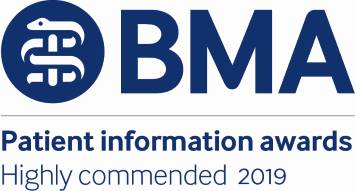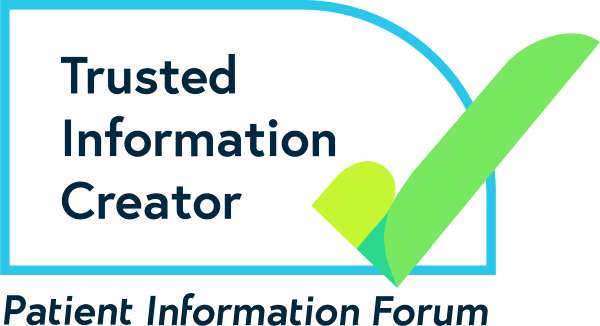- Posts: 2
- Thank you received: 0
Spoke to my doctor today
- Welshlad
- Topic Author
- Offline
- New Member
-

Hi all, I finally spoke to my doctor today about this shy bladder problem im having and they have put me on medication for anxiety, had medication worked for anyone else ? Thanks
- andrew
- Offline
- Administrator
-

- Posts: 175
- Thank you received: 7
Hi Welsh lad
The following does not constitute a recommendation by the UKPT. The UKPT does not provide medical advice. All medical advice must come from your GP or specialist. Much of this information is taken from the website www.netdoctor.co.uk . The purpose of this section is to show that there is no drug treatment that cures paruresis; however medication can help to alleviate secondary symptoms, such as anxiety and depression, which themselves tend to reinforce paruresis.
Individuals who are affected by paruresis exhibit symptoms of phobia and anxiety, which in turn can lead to mild depression in later life. There are various types of prescribed medication that can help alleviate these problems. It should be emphasised that all of these treatments are only available on prescription from a GP. Medication is seen as a second line of treatment for anxiety states, the preferred method being Cognitive Behaviour Therapy (CBT) discussed elsewhere on this site. However, drugs are extremely useful for short-term treatment and for depression which may be a complicating factor not wholly caused by the paruresis.
There are a number of drugs available that are specifically anti-anxiety treatments. These include the benzodiazepines diazepam and lorazepam. These medicines are effective in quickly relieving the symptoms of anxiety. However, the body rapidly becomes used to these drugs and they can be addictive. As a result, they are good for short-term help (two to three weeks), but should not generally be used for longer periods. There are also benzodiazepines used to relieve insomnia (temazepam being one) but again this is only for short-term use.
Other medicines can help some of the physical symptoms of anxiety, for example the beta blockers propranolol and atenolol can slow a fast heart beat and reduce tremor. If these physical symptoms are helping to maintain the anxiety, then medicines can be helpful, but they do not directly treat the anxiety.
Anti-depressants are the medicines of choice for treating anxiety disorders. This is fortunate given that many people with depression have anxiety symptoms and many people with anxiety have depression. It means that it is not that important to decide whether a person is suffering from anxiety, depression or both when making a choice of medication.
Some antidepressants are better than others for certain types of anxiety. Selective serotonin reuptake inhibitors (SSRIs) such as Prozac (fluoxetine), Seroxat (paroxetine), Lustral (sertraline) and Cipramil (citalopram) appear to be better than other antidepressants for panic disorder and OCD, so they are often chosen for depressed patients who also have these symptoms. A newer antidepressant called Cipralex (escitalopram) is also proving to be beneficial in many patients with anxiety and panic disorders.
All these drugs come with warnings and side effects. This information is printed in the pack leaflet if you are prescribed a particular drug. Don’t be too put off by all the side effects and warnings because everyone reacts differently to any particular drug. It is often a question of trial and error by your GP if you are prescribed an SSRI antidepressant for example, because some work better than others depending on the individual.
A word of warning: one guy on Seroxat found himself going at high speed in the fast lane of a motorway, feeling much too chilled out for the speed. He stopped taking it.
It should also be noted that several million prescriptions for these types of drugs are prescribed annually so you will not be at all unusual if your doctor thinks you may benefit from a course of treatment.
However the bottom line is that these drugs do not cure or alleviate paruresis, only the associated anxiety. It is possible that peeing can become easier while on medication, only to return to its original level when off the medication.
Sorry to dampen any hopes mate. Do get yourself onto a workshop: that will move you forward in a safe way.
Cheers
Andrew
- Karl
- Visitor
-

Hi there.
I take medication for anxiety anyways and they’ve never helped my a.p.
I even tried water tablets for a short period and that didn’t help either.
I had to wear Tena pants because I would get the sudden urge to urinate walking home from town & I once urinated in one & it burst!
From my personal experience, the a.p workshops & practicing what we’d been taught & learning what’s in the paperwork we took home are the best options.









